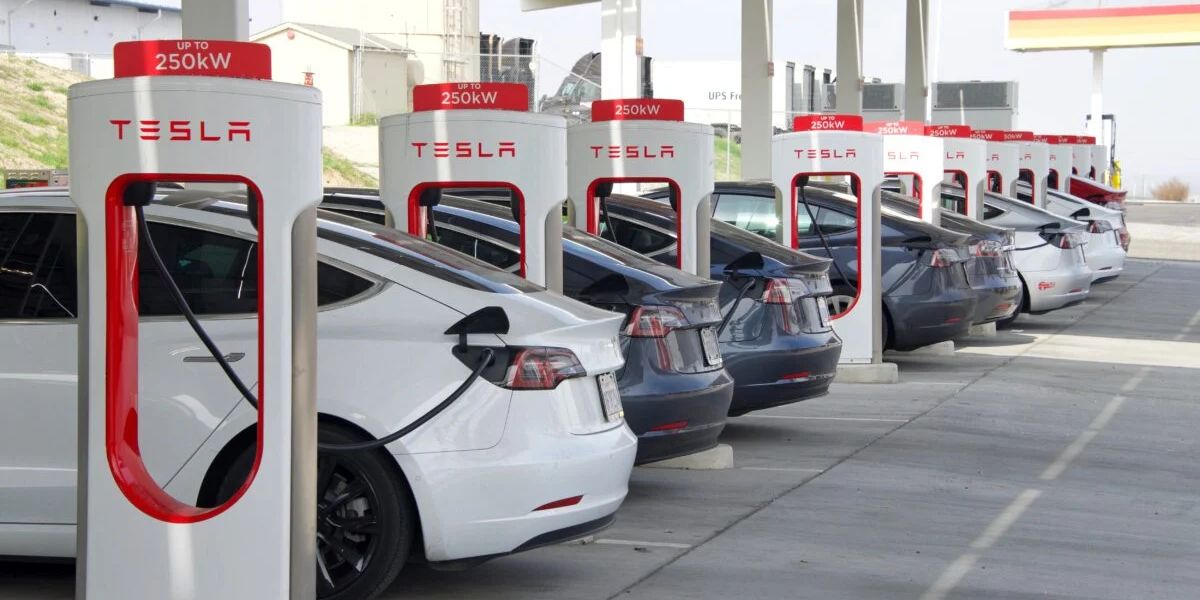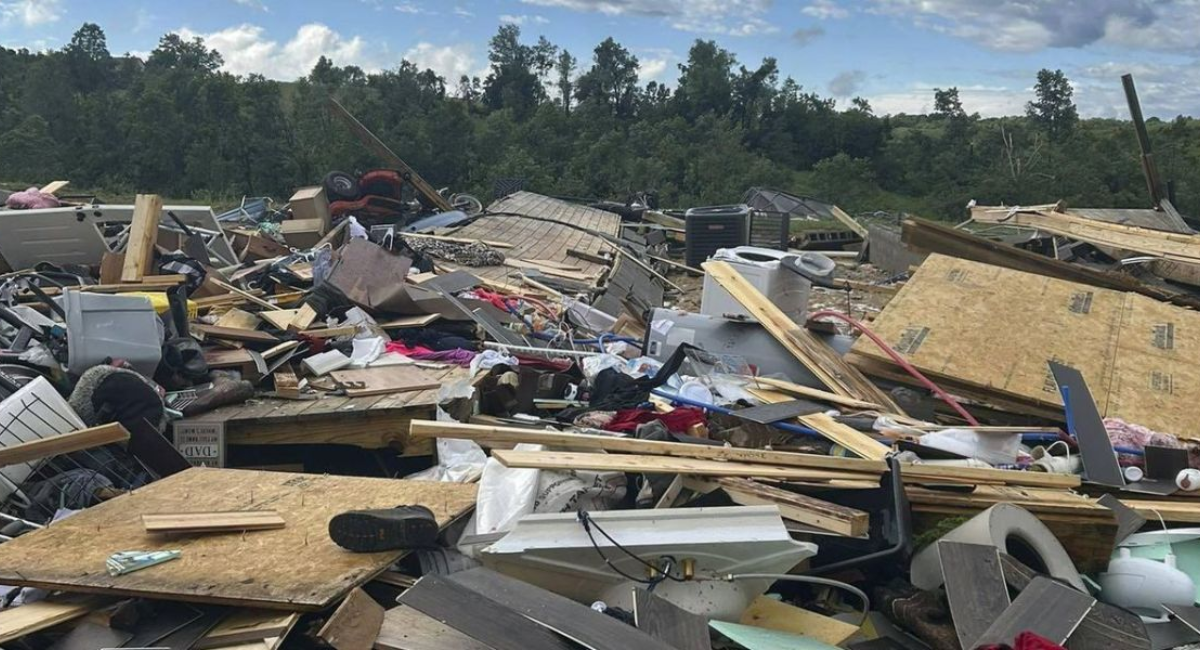Beginning September 1, 2025, autonomous vehicle (AV) companies operating in Texas will be required to meet a new set of state-mandated safety and compliance standards.
The law, passed earlier this year, represents one of the most comprehensive efforts in the U.S. to regulate self-driving technology at the state level.
Under the new regulations, AV developers must secure state approval before deploying vehicles on Texas roads. This includes submitting detailed safety assessments, demonstrating adherence to technical and operational standards, and providing protocols for interactions with first responders in emergency situations.
Key Requirements for AV Companies
The law outlines several key obligations for any company operating driverless cars in Texas:
- State Authorization: All AVs must be registered with the state and approved for public operation.
- Safety Standards: Vehicles must meet or exceed industry safety benchmarks for autonomous systems, including braking, obstacle detection, and fail-safe protocols.
- Emergency Response Plans: Companies must file clear procedures outlining how their vehicles will respond to police, firefighters, or EMTs in the event of a traffic stop, crash, or other roadside emergency.
- Operational Transparency: AV operators must maintain logs of system performance, incidents, and vehicle behavior for review by state officials.
Why Texas Is Acting Now
As autonomous vehicle testing expands rapidly across the U.S., Texas has become a key location for deployment due to its large road network and technology-friendly climate. However, a lack of clear statewide rules raised concerns among lawmakers, public safety officials, and the public.
Supporters of the law argue that the growing presence of AVs requires proactive oversight to ensure safety, trust, and coordination with emergency services.
The bill received bipartisan support in the Texas Legislature, with particular emphasis on protecting human life and supporting responsible innovation
The AV industry has responded with cautious optimism. While some developers expressed concern about regulatory burdens, most major players acknowledged the need for clear guidelines and uniform standards. Many have already begun updating their systems and filing the necessary paperwork ahead of the deadline.
Public safety advocates welcomed the changes, especially the requirements for first-responder interaction protocols, which they say are critical in preventing confusion or delays during emergencies involving AVs.
What Happens After September 1
Starting in September, any autonomous vehicle operating in Texas without proper authorization or compliance documentation may be removed from service, and the operating company could face fines or further penalties. State agencies, including the Texas Department of Transportation and the Department of Public Safety, will oversee enforcement and compliance checks.
This legislation places Texas among a growing number of states taking the lead on AV regulation, balancing the promise of cutting-edge transportation with the realities of public safety and accountability.
For AV companies, the message is clear: if you want to drive in Texas, be ready to prove you’re safe, smart, and ready for anything.




